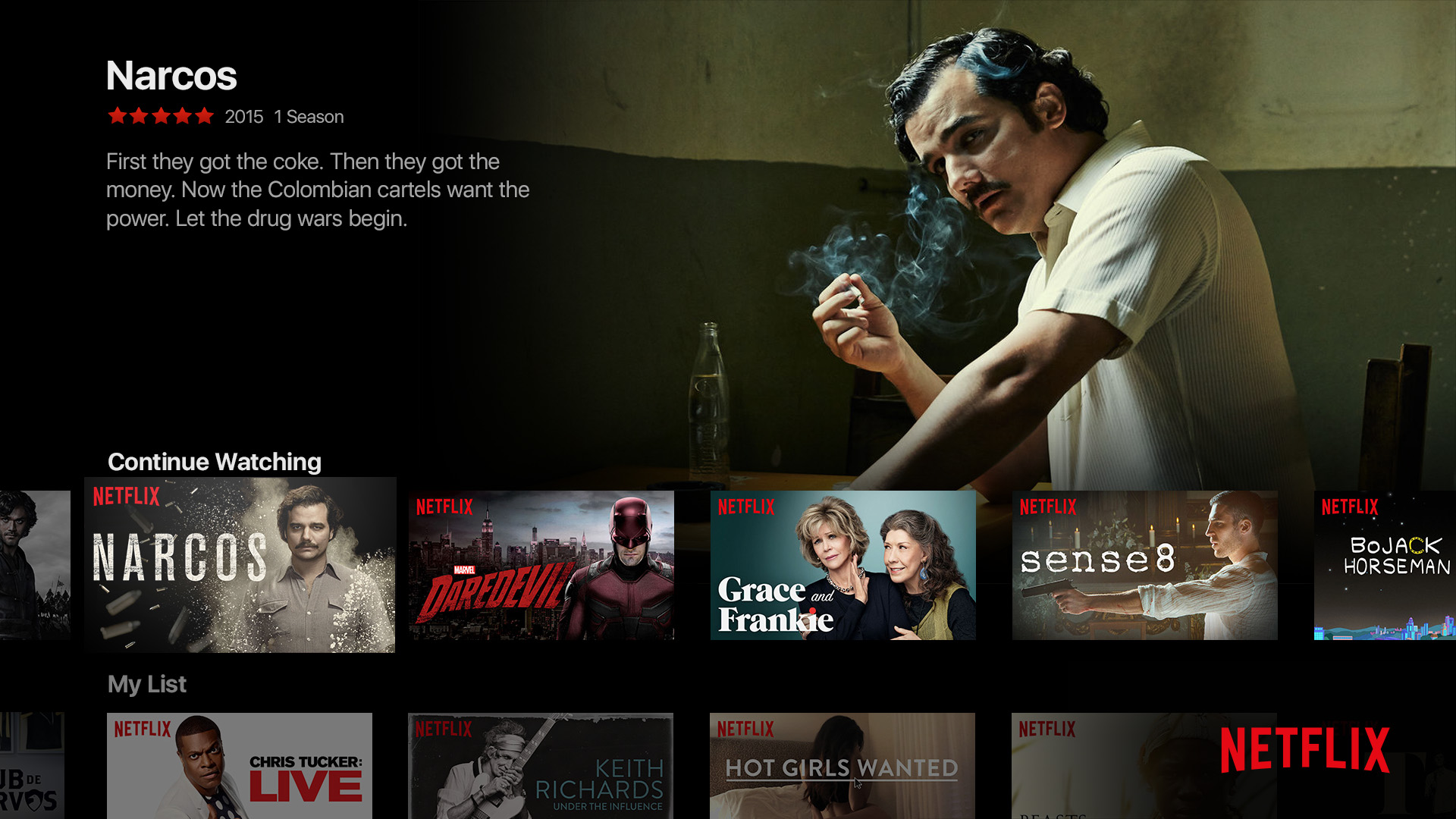Netflix is offering Rs 7.4 crore annual salary for AI product manager

Netflix is offering Rs 7.4 crore annual salary for AI product manager
Netflix is actively searching for a skilled and accomplished AI manager to take on a pivotal role within their organization. With an enticing annual salary of up to $900,000 (approximately Rs 7.4 crore) and the flexibility of remote work, this position presents an exciting opportunity for a seasoned professional to join one of the leading entertainment companies in the world.
As the AI manager, the primary focus of this role will be to elevate and optimize Netflix’s existing machine learning program. This involves spearheading efforts to apply artificial intelligence and machine learning algorithms across the entire spectrum of Netflix’s operations, spanning content acquisition to personalized user recommendations. By leveraging cutting-edge AI technologies, the manager will play a key role in enhancing the overall user experience on the platform.

An integral part of this role is leading and managing a team of highly skilled AI experts and data scientists. This will require fostering a collaborative and innovative environment where the team can excel and drive forward new and improved AI solutions. As the AI manager, inspiring and guiding the team to push the boundaries of what’s possible in AI will be paramount.
Collaboration will be another vital aspect of this position. The AI manager will need to work closely with cross-functional teams to seamlessly integrate AI-driven solutions into various aspects of Netflix’s business. Whether it’s optimizing marketing strategies, streamlining customer service processes, or enhancing content production, the manager will have a significant impact on all areas of the company’s operations.
Moreover, ensuring the highest standards of data privacy and security will be essential. The AI manager must navigate the intricacies of handling vast amounts of user data responsibly, maintaining users’ trust while harnessing its power to deliver a more personalized and enjoyable Netflix experience.

Remaining at the forefront of AI technology will be a constant endeavor. The AI manager will stay abreast of the latest developments and breakthroughs in the field, keeping Netflix ahead of the competition and always pushing the boundaries of what AI can achieve.
In conclusion, the role of the AI manager at Netflix is both challenging and impactful. The successful candidate will have the chance to lead an exceptional team, drive innovation, and shape the future of AI at one of the world’s most prominent entertainment companies. Strong leadership, exceptional problem-solving skills, and effective communication will be the pillars supporting success in this thrilling and dynamic position.

Netflix has made it clear on its website that the market range for roles in the AI area typically falls between $300,000 to $900,000. This suggests that the company is willing to offer competitive compensation to attract top talent in this field.
In addition to the AI manager role, Netflix has another exciting vacancy in its Game Studio, the position of a technical director. This role requires expertise in AI and comes with a substantial annual salary of $650,000 (approximately Rs 5 crore). It highlights the company’s commitment to leveraging AI knowledge and expertise to enhance its gaming ventures.
However, the announcement of these lucrative job opportunities coincides with ongoing concerns in the entertainment industry. Hollywood unions have initiated strikes to address apprehensions about how AI’s impact affects both the industry and the fair compensation of its workers. These concerns reflect the broader societal dialogue around the implications of AI in various sectors.
As Netflix seeks to fortify its AI capabilities and embrace cutting-edge technology, it will also need to navigate and address the legitimate concerns raised by workers and industry professionals. Finding a balance between technological advancements, fair compensation, and ethical considerations will be crucial to ensure a sustainable and equitable future for the entertainment industry as it continues to incorporate AI-driven innovations.
The concerns expressed by Sag-Aftra, the union representing actors, highlight the growing apprehension within the entertainment industry about the influence of AI and algorithms on decision-making processes. One of the key worries centers around how algorithms are shaping content production and distribution, ultimately affecting the livelihoods of those involved in the industry.
Fran Drescher, a representative of Sag-Aftra, pointed out that algorithms are dictating certain aspects of content creation, such as the number of episodes in a season and the duration of a series. The goal of these algorithms might be to optimize subscriber growth and viewership metrics, but it could lead to significant changes in how content is produced. As a result, some TV series might have shorter seasons, ranging from six to ten episodes, and fewer total seasons, often limited to three or four. This shift can have a profound impact on the income and job opportunities for actors, writers, crew members, and other industry professionals.
The concern raised by Sag-Aftra is that the pursuit of efficiency and profit through algorithmic decision-making can unintentionally marginalize the creative workforce. The focus on achieving specific metrics might lead to a decrease in the overall volume of work available for actors and production personnel, affecting their ability to sustain a livelihood in the industry.
The business model driven by algorithms has become a point of contention, as it has introduced challenges and uncertainties for everyone involved in the entertainment industry. From established actors to aspiring talent, the changes brought about by AI-driven algorithms can disrupt traditional career paths and create financial instability.
Addressing these concerns requires careful consideration and dialogue between stakeholders in the entertainment industry, including unions, content creators, and streaming platforms like Netflix. Finding a balance between leveraging AI for operational efficiency and ensuring fair compensation and opportunities for creative professionals is essential to maintain a thriving and equitable entertainment ecosystem.




